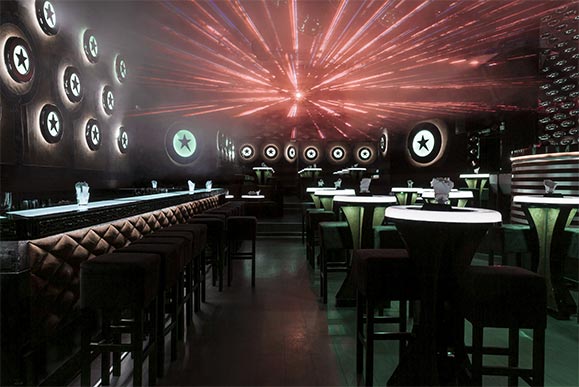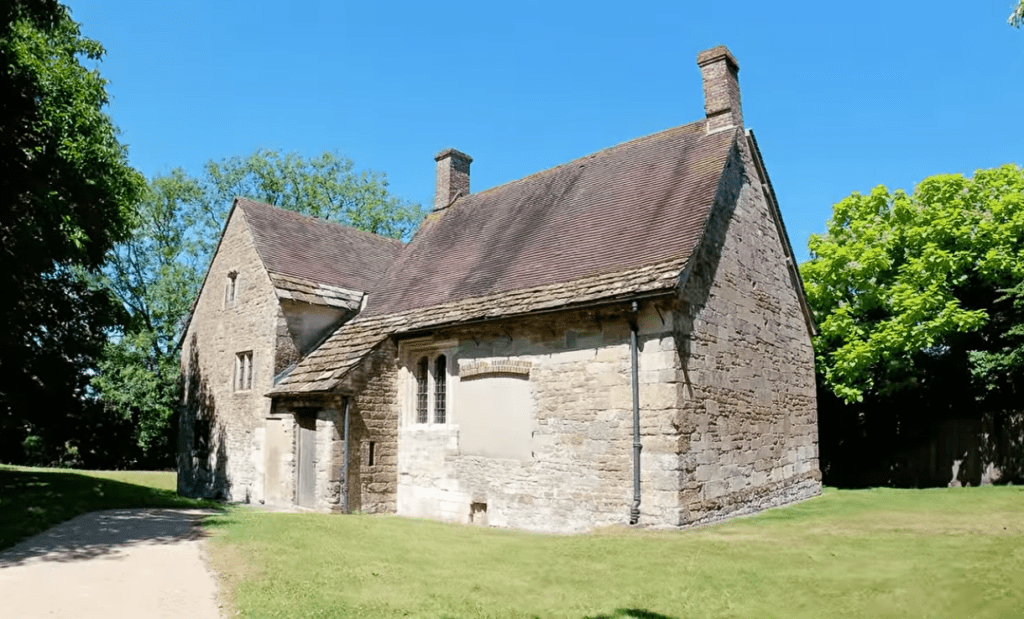
Houghton House — Bedfordshire’s Jacobean Ruin
Explore the Grand Shell of a 17th-Century Mansion with Panoramic Countryside Views Hazelwood Lane, Ampthill, Bedford, Bedfordshire, MK45 2EY
Specification
A Mansion of Elegance and Mystery
Perched high above the Ouse Valley, Houghton House is one of Bedfordshire’s most atmospheric ruins.
Built around 1615 for Mary Sidney, Countess of Pembroke, the mansion combined Jacobean and Classical styles — marking a key moment in English architecture.
Today, only its majestic shell remains, yet the symmetry, grace, and open skies still capture the imagination.
A House Inspired by Literature and Learning
The Countess of Pembroke was a patron of poets and a key figure in Elizabethan culture.
Many believe Houghton House inspired John Bunyan’s House Beautiful in The Pilgrim’s Progress.
Whether true or not, its grand design reflected an age of art, intellect, and ambition.
Therefore, walking through its ruins feels like stepping into a world where literature and architecture meet.
Exploring Houghton House
1. The Façade and Grand Staircase
The house once featured an impressive symmetrical front, tall windows, and ornate stonework.
Visitors can still trace its layout — the Great Hall, staircases, and reception rooms open to the Bedfordshire sky.
In addition, the central loggia frames perfect photo opportunities.
2. Classical and Jacobean Design
Houghton blends Tudor warmth with Renaissance order.
Brick and stone combine elegantly, and even in ruin, the architectural detailing speaks of refinement and innovation.
(Learn more at the English Heritage website — Houghton House.)
3. Views and Surroundings
The site overlooks the Greensand Ridge, offering sweeping views across farmland, woodland, and distant villages.
It’s especially beautiful at sunset when the golden light catches the old brick and stone.
From Aristocratic Home to Romantic Ruin
After changing hands several times, the house was stripped and partly demolished in 1794.
However, its ruins became celebrated in the 19th century as a romantic landmark — sketched by artists and visited by writers.
Today, managed by English Heritage, it remains free to explore and full of quiet beauty.
Visiting Houghton House
How to Get There
Address: Ampthill, Bedfordshire MK45 2HA
By Car: Off A507, signposted from Ampthill; free parking nearby
By Train: Nearest station — Flitwick (2 miles)
By Bus: Routes to Ampthill town centre, then short walk
Opening Hours & Admission
Open daily, dawn to dusk
Free entry
Facilities
Open-air site with grassy areas
Benches and picnic spots nearby
Step-free access around main ruins
Nearby Attractions
De Grey Mausoleum, Flitton — Aristocratic burial chapel
Woburn Abbey and Gardens — Stately home with art collection
The Higgins Bedford — Local art and history museum
Ampthill Great Park — Landscaped park with walking trails
Together, they form the Bedfordshire Heritage Trail.
Why Visit Houghton House?
The Houghton House experience offers:
Stunning architecture with Jacobean–Classical fusion
Peaceful countryside views
Literary and cultural history
Free, open access all year round
Whether you come for the photography, the architecture, or the quiet atmosphere, Houghton House rewards every visitor.
It’s not just a ruin — it’s a poem in stone.





No Reviews